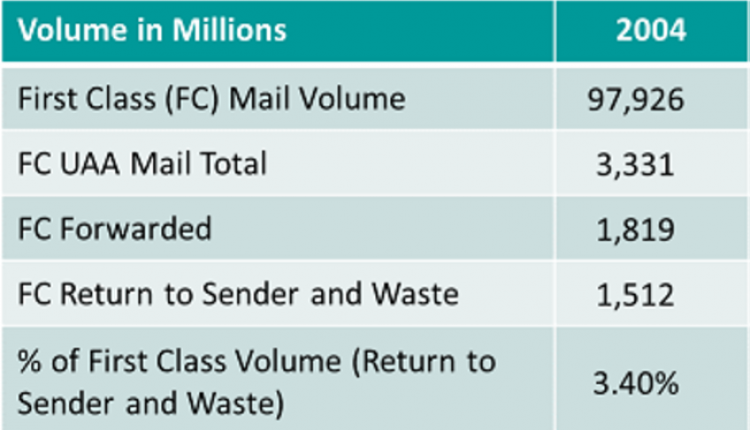More and more in our project work, we're engaged with procurement, whether to facilitate our contract or to help with the selection and acquisition of significant capital expenditures. Ten years ago, that wasn't always the case, and it was more likely the exception, except at the largest firms. While often chided and belittled - all behind their backs, of course - we find the process and the folks who manage it intending well. But the lack of common objectives and miscommunicated agendas can create undesirable results. Here's how not to let this happen to your business:
Can You Identify the Problem?
A new VP of operations has been tasked with upgrading their desktop environment to something more robust and scalable. Their volumes are growing, and the existing workflow and throughputs are now serious bottlenecks during half of the month. Of course, the incumbent vendor is quick to offer up the next tier in his product line as a solution at a reasonable monthly lease amount that will hardly be noticeable. This keeps the finance police at bay and the VP under the scrutiny radar. It looks like a slam dunk: new equipment and upgraded software with minimal impact to monthly expenses and expanded capacity - except all POs have to be reviewed by procurement. A new procedure to better manage capital expenditure was put in place to ensure best practices in acquisition processes. Due to the overall costs, procurement now requests more information, business case details and both volume and cost justifications before moving to the next step. The VP taps the brakes as he sees the big procurement speed bump coming up quickly. One challenge we find in procurement processes for specialized or unique technology is that, oftentimes, the fine people running that function have never purchased a high-speed insertion device and don't really understand how to differentiate technologies. It's understandable, given how often some firms purchase 200-bin mail sorters or eight-pocket, dual input, high-speed inserters. They, too, could use some help when looking for objective evaluations of those technologies. In the end, the VP didn't get his quick fix that he planned, the CEO/COO is asking why the operational issues continue to exist, and procurement is floundering with an evaluation of technology it doesn't really understand or likely has never procured. No wonder everyone is so grumpy.
An Obvious Answer
Having spent years working with the operations teams at many Fortune 500 firms, I understand that they are a risk-adverse group and very gated when it comes to change. Understandably so, no one likes their pager ringing incessantly and morning issue calls with IT and LOB sponsors. However, we've also seen those that take the appropriate initiative, get educated and complete their homework are better prepared to navigate the procurement gauntlet. By not rushing the decision and slamming in the first option offered by the incumbent, a more objective process can direct the solution to the appropriate result. And just like in school, when you show your work, it's easier to get credit, even if you don't exactly hit the correct answer set. What is the goodness that comes from this current economy? One is that it has slowed down the rash and unjustified spending that preceded it. We all want to make good decisions. Without complete and accurate information, the decision process fails, and we compromise the potential outcomes. Madison Advisors' recent "Multi-Channel Delivery Study"âââ indicates that our Fortune 500 clients have become increasingly cognizant on cost control, alternative delivery models and customer experience - many with our assistance. As our work in this area has increased, we're seeing the shift in philosophies.
Never looked at it like that? It happens all the time.
Kemal Carr is the President of Madison Advisors, an advisory firm that specializes in print and electronic communications. Kemal also acts as a principal analyst for Madison Advisors. They provide project-based advisory services designed to assist clients with business strategy and technology selection decisions. To contact Kemal, email kemalcarr@madison-advisors.com. For more information on Madison Advisors, visit www.madison-advisors.com.







